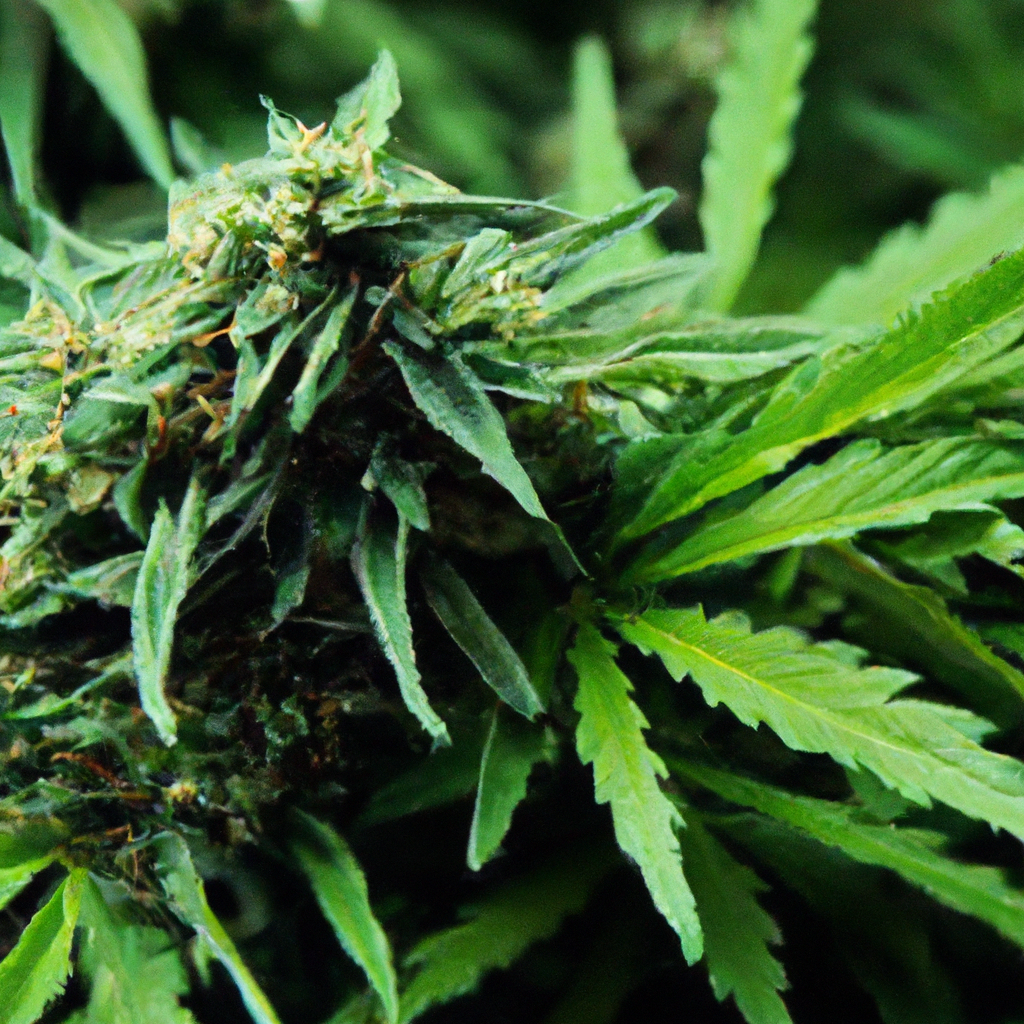Your cart is currently empty!
In the age of sustainability and natural living, organic cannabis cultivation is gaining significant traction among cannabis growers. This practice not only benefits the environment but also yields a more potent and flavorsome product, much to the delight of connoisseurs. In this guide, we delve into the best practices for growing organic cannabis, focusing on natural fertilizers, composting, and innovative pest control methods.
Building a Healthy Soil Ecosystem
Healthy soil is the cornerstone of any thriving organic cannabis garden. Start by enhancing the soil’s fertility through composting, which recycles kitchen scraps and yard waste into nutrient-rich humus. It’s advisable to integrate compost with high-quality organic soil to, together, promote robust root development and improve water retention.
Consider the addition of beneficial microbes to your soil. These microbes establish a symbiotic relationship with cannabis plants, enhancing nutrient uptake and protecting plants from pathogens. An effective approach is to use mycorrhizal fungi, which can dramatically boost root growth and resilient plant health.
Natural Fertilizers: The Heart of Organic Growth
Organic fertilizers such as bone meal, fish emulsions, and bat guano are excellent options for those seeking to nourish their cannabis crops naturally. These materials release nutrients slowly, ensuring a consistent supply of nourishment throughout the growth cycle.
Additionally, using cover crops like clover or vetch can add nitrogen to the soil, reducing the need for synthetic fertilizers. Cover crops not only enrich soil fertility but also prevent erosion and suppress weed growth.
Integrated Pest Management: Harmony in the Garden
One of the primary challenges in cannabis cultivation is pest control. Organic growers eschew synthetic pesticides in favor of Integrated Pest Management (IPM) strategies, which create a balanced ecosystem where beneficial insects thrive.
Ladybugs and predatory mites are natural allies in the fight against common pests such as aphids and spider mites. Introducing these beneficial insects into your garden can significantly reduce pest populations while avoiding harmful chemicals.
Additionally, companion planting with species like marigolds or garlic can deter pests, further bolstering your plants’ defense mechanisms naturally.
Sustainability: A Commitment Beyond Cultivation
Emphasizing sustainability extends beyond your garden. Incorporate practices like rainwater harvesting and solar-powered lighting to reduce the environmental footprint of your cultivation efforts.
Moreover, consider crop rotation to maintain soil quality and manage plant diseases organically. This practice not only enhances soil health but also encourages biodiversity within your cultivation space.
Conclusion
Embracing organic cannabis cultivation is both an art and a science. It requires dedication to building a thriving soil ecosystem, using natural fertilizers, and implementing eco-friendly pest management techniques. With sustainability at its core, organic growing not only benefits the environment but also offers consumers a cleaner, tastier, and more therapeutic product. The path of organic cultivation perhaps holds the key to the future of ethical, environmentally conscious cannabis production.


Leave a Reply